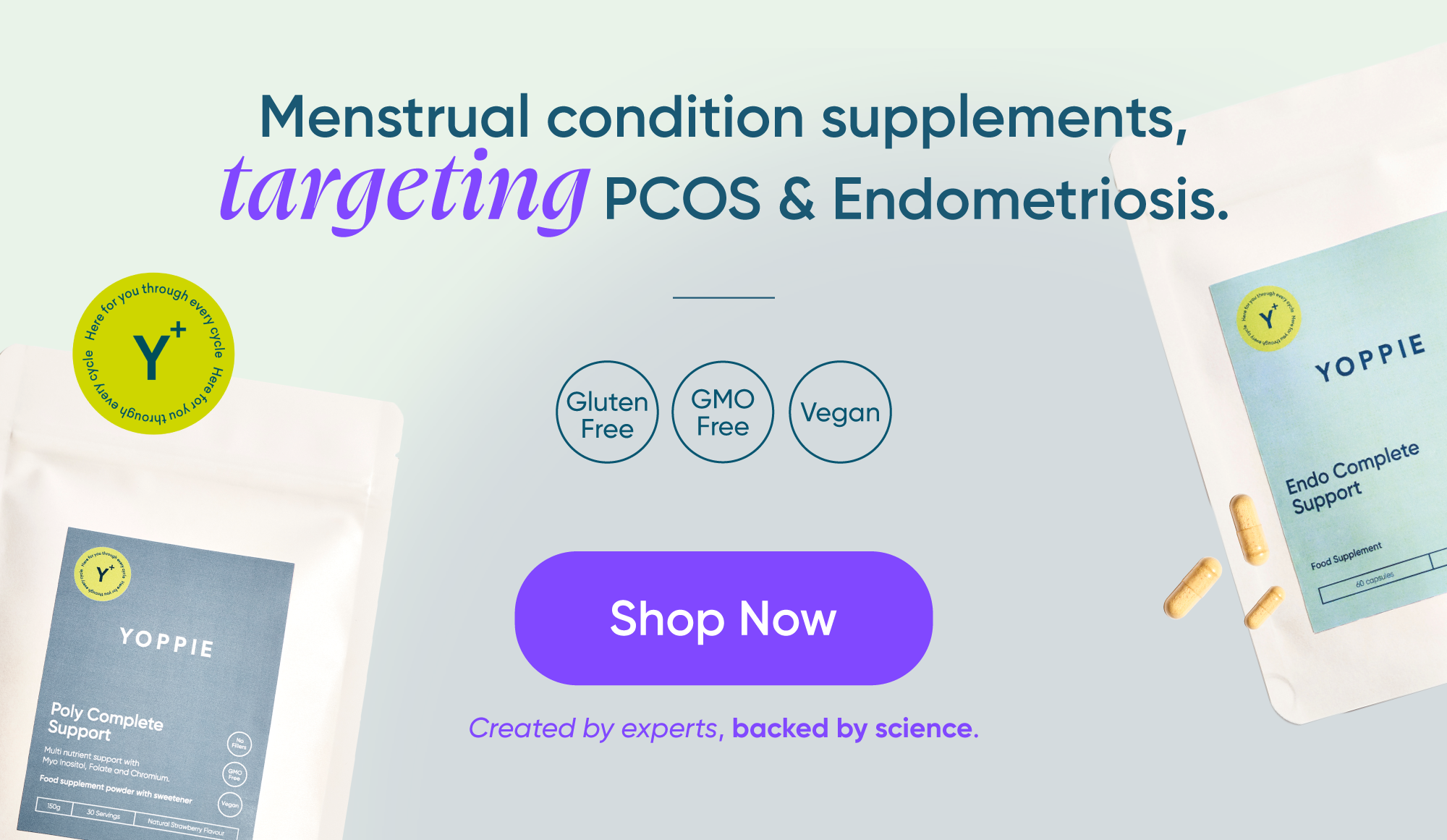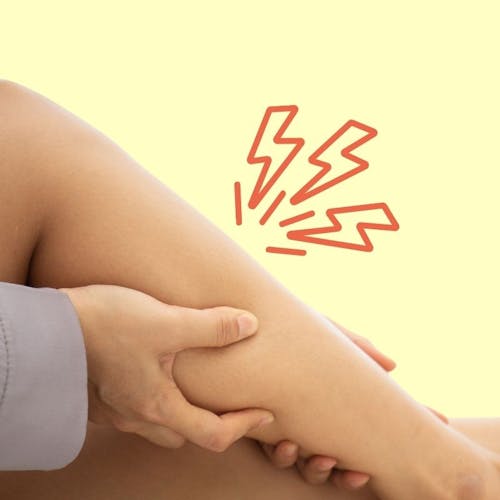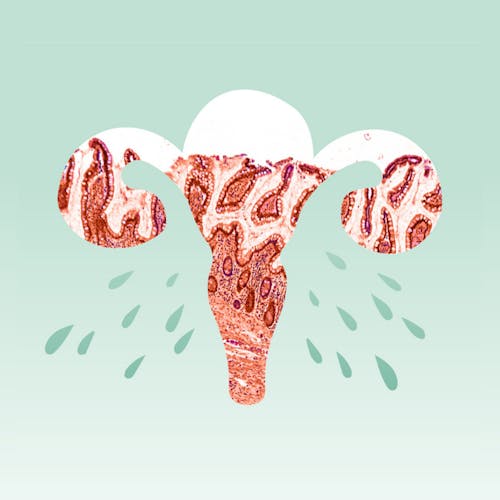This website uses cookies to enhance the user experience. By using Yoppie you are agreeing to our use of cookies.
Endo Feels: What Endometriosis Feels Like, and How to Tell If You Have It
Written by Yoppie
24 Feb 2020
What is endometriosis?
What are the symptoms?
What does it feel like?
Endometriosis is a chronic disease and can be, for some, incredibly painful and debilitating. If you are a woman who has suffered from any sort of abdominal discomfort, you may come across Endometriosis during your search for answers. While not every pang of pain in your belly is going to mean you have Endo, it’s certainly worth knowing more about it to ensure you aren’t overlooking its possible symptoms, especially since it is thought that 1 in 10 women of reproductive age in the UK have it.
"I was recently diagnosed after years of suffering and finding myself doubled over backstage in the middle of my sets, or fighting back tears on an airplane, or even being in so much pain I would vomit or faint… Finding out that I had Endo was the most bittersweet moment because it meant I wasn’t crazy!"
-Halsey, Singer
What is endometriosis?
Endometriosis happens when tissue similar to that of the lining of your uterus (endometrium) begins to grow outside of the uterus. It shouldn’t be there, so it starts to cause all sorts of problems. These growths are sometimes called lesions, and can cause severe pain and inflammation throughout the month, not limited to during your period.
What are the symptoms?
According to SpeakEndo.com, when considering symptoms of Endometriosis you should remember the three Ps; painful periods, pelvic pain, and pain with sex. If you do suffer from these three symptoms, it’s advised that you speak to your doctor to discuss the possibility of Endometriosis (although if you have even one of these symptoms, you can still talk to your GP, as none should be occurring). Other symptoms to look out for are:
- Pain and difficulty going to the bathroom to urinate or move your bowels
- Pain in the abdomen, groin or lower back
- Heavy bleeding during periods, and bleeding or spotting between periods
- Feeling nauseous or faint during your period
- Excessive bloating
- Fatigue
- Difficulty participating in day-to-day activities due to pain or weakness
As well as the above, it is estimated that around 20% of women with endometriosis also suffer from other chronic pain conditions such as IBS (irritable bowel syndrome), cystitis, and fibromyalgia.
Whether you have one or all of the above symptoms, endometriosis is notoriously hard to diagnose because symptoms vary so drastically from woman to woman. For this reason, it is often only officially diagnosed by exclusion, which essentially means by process of elimination, and this can take months, if not years.
“It’s not just during your period, it’s throughout the month… It makes me so tired that I’m extremely nauseous. It’s very debilitating. I can’t get up in the morning sometimes or it interferes with my daily activities. It really has affected my quality of life.”
- Julianne Hough, Dancer
What does it feel like?
Endometriosis is so different for each individual sufferer. It’s important to speak up about your symptoms so your doctor can help you diagnose possible endo and treat it in the best way. Having helpful conversations with your doctor can lead to better understanding of your particular case, and a potential quicker diagnosis overall. At the end of the day, pain isn’t normal. If you are at all unsure, talk to your doctor about what you’re feeling and don’t be afraid to be persistent if something doesn’t feel right.
"I was told by my doctors that I had a ‘low threshold for pain’ and that I should just get used to it because there was nothing that could be done… Well, it turns out I have a really high threshold for pain. Most women do, we have to."
- Padma Lakshmi, TV Host and founder of the Endometriosis Foundation of America
While there is currently no known cure for endometriosis, your doctor might recommend painkillers, hormonal birth control, medications to reduce estrogen levels, a procedure called a Laparoscopy to diagnose and remove Endo lesions, and a number of other treatments. Understanding your symptoms and being able to communicate how you feel to your doctor, family, friends and even colleagues at work, can help you gain the support and treatment you need to reduce the pain you experience.
Do you suffer from endometriosis? We’d love to hear about your experience so we can help others who suffer from this condition. Head on over to our private Facebook group or drop us a note on Insta @itsyoppie. Don't forget that our personalised period subscription box can get endometriosis supplements, organic tampons, pads, liners, and much more, delivered easily and regularly through your letterbox. That's one less thing to stress about.
Section jump
Back to top
Subscribe To Our Newsletter
YOPPIE





© 2026 Yoppie is a registered trademark of Phlo Technologies Ltd.
Yoppie's supplements are not a substitute for a varied diet and healthy lifestyle and are not intended to diagnose, treat, or cure any disease. If you are pregnant, breastfeeding, have a medical condition or are under medical supervision, please consult with your doctor before taking any of our products.







